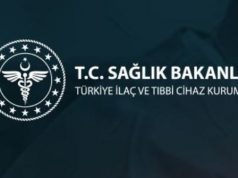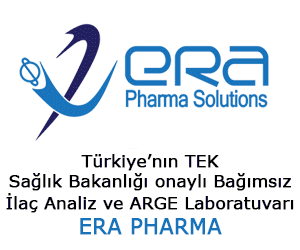Araştırmacılar, Montgomery-Åsberg Depresyon Derecelendirme Ölçeği toplam skorundaki değişimin, plaseboyla karşılaştırıldığında üç esketamin grubunun hepsinden üstün olduğunu buldular
Ella J. Daley, M.D., from Janssen Research & Development LLC in Titusville, N.J., and colleagues conducted a phase 2, double-blind, doubly randomized, delayed-start, placebo-controlled study to examine the efficacy, safety, and dose-response of intranasal esketamine hydrochloride. A total of 67 adults with a diagnosis of major depressive disorder and history of inadequate response to two or more antidepressants (TRD) were randomized and 60 completed two one-week double-blind treatment periods. In period 1, participants were randomized to placebo or esketamine 28, 56, or 84 mg twice weekly (33, 11, 11, and 12 participants, respectively). In period 2, 28 placebo-treated participants were re-randomized to one of the four treatment arms.
The researchers found that the change in Montgomery-Åsberg Depression Rating Scale total score was superior in all three esketamine groups versus placebo (least squares mean difference versus placebo: esketamine 28 mg: −4.2; 56 mg: −6.3; 84 mg: −9.0), with a significant ascending dose-response relationship. Despite reduced dosing frequency in the open-label phase, the improvement in depressive symptoms appeared to be sustained (−7.2).
“In this first clinical study to date of intranasal esketamine for TRD, antidepressant effect was rapid in onset and dose-related,” the authors write. “Results support further investigation in larger trials.”
Several authors disclosed financial ties to Janssen Research & Development LLC, which funded the study.
Intranasal Esketamine for MDD: Exploring Alternative Options for Treatment-Resistant Depression
Intranasal esketamine hydrochloride may be an effective treatment for patients with major depressive disorder (MDD) whose depression does not respond to available antidepressants, according to research published in JAMA Psychiatry.
Researchers conducted a phase 2 study (A Study to Evaluate the Safety and Efficacy of Intranasal Esketamine in Treatment-resistant Depression [SYNAPSE]; ClinicalTrials.gov identifier NCT01998959) to examine the safety, efficacy, and dose response of intranasal esketamine therapy in treatment-resistant MDD. Primary efficacy end points included participants’ change in Montgomery-Åsberg Depression Rating Scale score from baseline to day 8 of each treatment period.
During the first study period, participants (N=67; 38 women) were randomly assigned 3:1:1:1 to receive either twice-weekly placebo or esketamine 28, 56, or 84 mg (n=34, 11, 11, and 12, respectively). During the second study period, researchers randomly re-assigned participants 1:1:1:1 to 1 of 4 treatment arms.
Study results indicated that change in overall Montgomery-Åsberg Depression Rating Scale score during both study periods was superior in all 3 esketamine groups vs placebo (least squares mean difference for 28, 56, and 84 mg: -4.2, -6.3, and -9.0); a “significant ascending dose-response relationship” was noted. During the open-label phase, participants continued a trend of improved depressive symptoms, despite a decrease in dosing frequency (from twice weekly to weekly to every 2 weeks).
Generalizability of these results is limited by the small sample size included in the study, as well as by enrollment criteria that excluded participants with histories of psychotic symptoms, substance or alcohol use disorders, or significant comorbidities.
http://www.psychiatryadvisor.com/depression-advisor/exploring-alternative-treatment-options-major-depressive-disorder/article/735413/




















